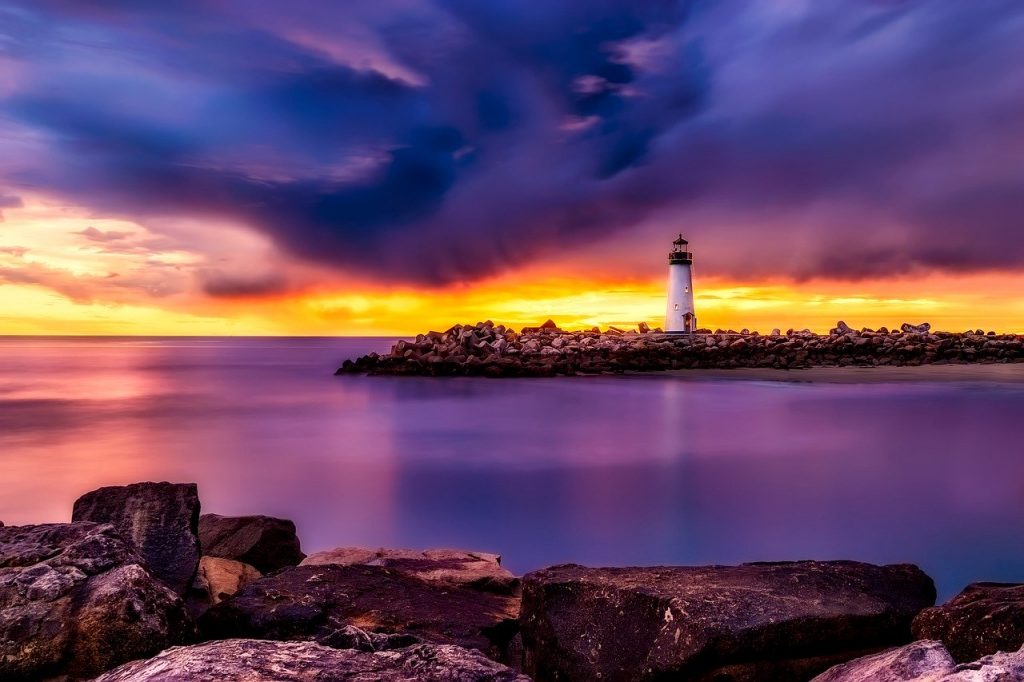Santa Cruz Decriminalizes Psychedelics

The spreading wave of psychedelic decriminalization in the US is moving fast! The city of Santa Cruz has become the second in California to decriminalize the possession and cultivation of psychedelic plants and fungi, following in the footsteps of Oakland last June.
The Decriminalize Nature movement, a grassroots organization that aims to restore our rights to grow and consume psychedelic plant medicines, has already seen several successes across the US.
It began in May 2019, when the city of Denver won a city vote to decriminalize magic mushrooms – and this was quickly followed by the successful decriminalization of all psychedelic plants and fungi in Oakland. Since then, initiatives have begun across the US, including the cities of Portland, Chicago, Berkeley and Dallas, as well as a state-wide initiative in California.
What is Psychedelic Decriminalization?
Psychedelic decriminalization is a specific form of drug policy reform. Most simply, it means that people will no longer face criminal charges for possessing or using psychedelics. This is different from legalization (where psychedelics would become regulated like alcohol), and medicalization (where psychedelics would only be available through licensed therapy centers).
Decriminalization can look different depending on the specific legislation. For example, drug decriminalization in Portugal means that people can still face criminal charges for being caught with drugs repeated times, or if caught carrying large quantities. Decriminalization in Denver and Oakland only technically covers possession and use; you may still get in trouble for growing or selling psychedelic plants (even though it is officially the lowest priority for law enforcement). Decriminalization may also only extend to certain psychedelics, such as in Denver where only magic mushrooms have been decriminalized.
Decriminalize Nature believes that decriminalization is the best option for drug policy reform. They feel that legalization would still have the potential to restrict people’s ability to grow plants and fungi, and that medicalization would only allow for the most privileged people to access them. Decriminalization most effectively prevents the government from restricting the use of psychedelic plants and fungi, while also doing more to protect indigenous rights.
What Will Happen in Santa Cruz Now?
The legislation in Santa Cruz is similar to the initiative in Oakland; the police force have now lost their funding to arrest or prosecute people over the age of 21 for the possession or use of psychedelic plant medicines. While it will still be technically illegal to grow and sell psychedelic plants and fungi in Santa Cruz, this will now be the lowest priority for law enforcement in the city.
Sean Cutler, one of the leading members of Decriminalize Santa Cruz, spoke to DoubleBlind magazine about why this development is so important:
“Property rights dictate that individuals should have complete control over their own bodies and the substances they choose to put in their bodies. This resolution guarantees that police can no longer steal entheogens from Santa Cruz residents who are personally using the substances.” Source.
So what difference will this make in Santa Cruz? These decriminalization reforms are so young that we can’t say for certain. The initiatives in Denver and Oakland have not seen a flood of psychedelic irresponsibility, or a surge in ‘drug tourism.’ It’s most likely that the Santa Cruz decriminalization will just save the city money on drug enforcement, as well as restoring important civil liberties.
What Happens Next in the Decriminalize Nature Movement?
The success in Santa Cruz shows just how effective grassroots campaigning can be at the level of local government. Hopefully this means we’ll start seeing more cities decriminalizing psychedelic plants across the US, and maybe across the world.
Carlos Plazola, chair of Decriminalize Nature Oakland, has applauded the efforts of the Santa Cruz organizers, in an interview with DoubleBlind magazine:
“Decriminalize Nature congratulates the citizen leaders of Santa Cruz who took up the baton to pass their own resolution and run with it. Without any pre-existing political contacts, they showed that tenacity and education are key to victory. We hope other groups in the US will be motivated by the success in Santa Cruz and that they too will persevere until victorious in their own city in pursuing their inalienable right to heal with nature’s gifts.” Source.
This could be a crossroads moment in the psychedelic renaissance. While the federal government has failed to listen to the scientists, therapists, and social justice campaigners, local government appears to be more open. The future of psychedelics in the West may be catalyzed by the autonomy of city councils, who have the power to restore their residents’ basic rights and stop funding the failing war on drugs.
Read our full summary of the Decriminalize Nature movement, and how you can get involved in 3 easy steps!
